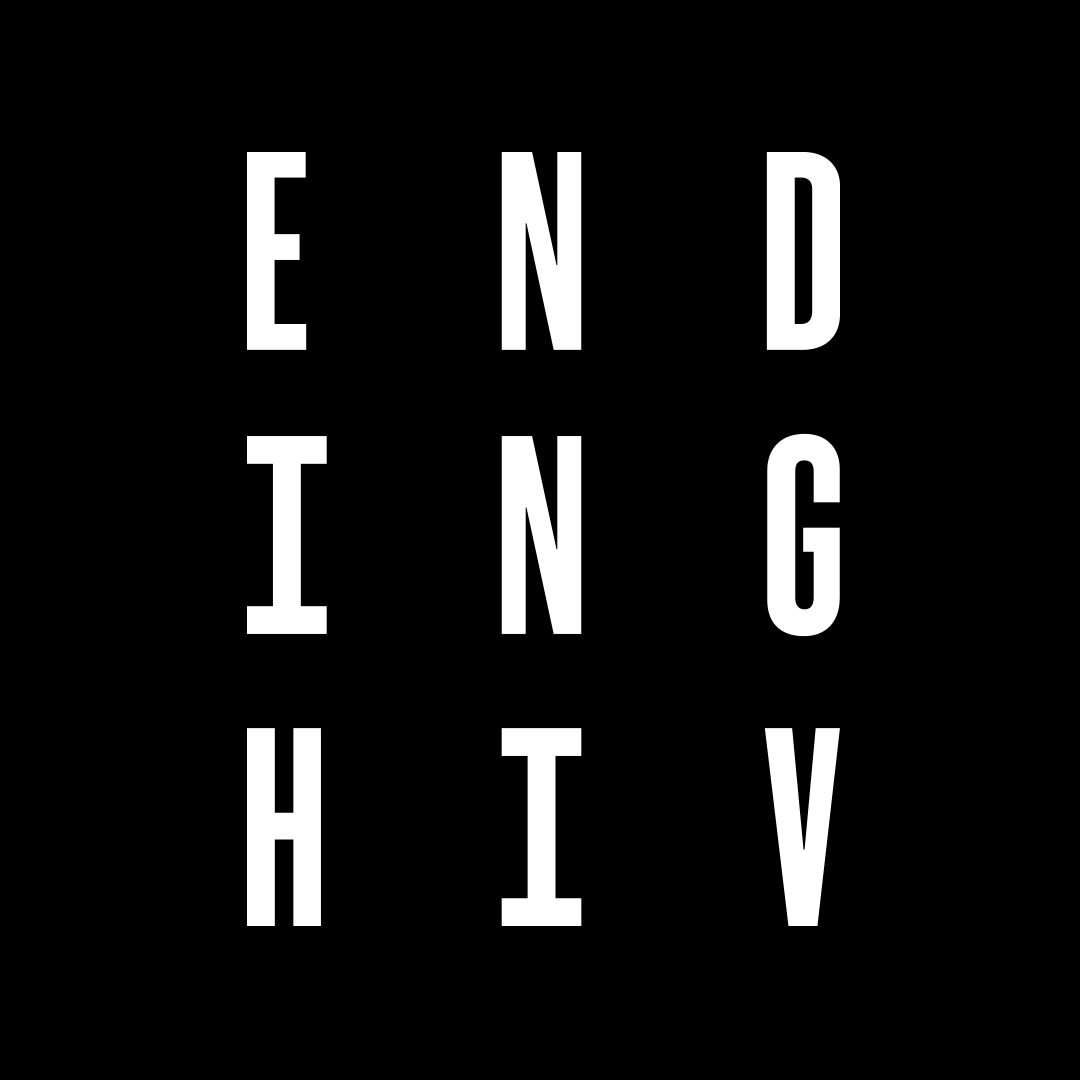How to manage a herpes outbreak or flare-up
Did you know that one in eight sexually active adults in Australia has genital herpes? If you’re one of them, then you’ve likely experienced what’s known as a herpes outbreak or flare-up. An outbreak or flare-up is an occurrence of herpes symptoms, which may include sores, blisters or ulcers around the mouth, genitals, or arse.
It’s important to note that recurrence of a herpes outbreak after the first time you experience it is not guaranteed, and for many herpes, flare-ups are often milder over time.
A herpes flare-up is usually brought on when your immune system is weakened following an illness. It can also be brought on by lifestyle factors that weaken a person’s immune system, like drinking too much alcohol or not getting enough sleep.
If you’ve experienced an outbreak before, the good news is that you can reduce the likelihood of these by looking after your health while taking certain steps to manage an active outbreak!
How to manage the symptoms of a herpes outbreak
The following are suggestions on steps to minimise the impact of a herpes outbreak; however, be sure to consult with your doctor or sexual health professional for advice specific to your circumstance.
Talk to your doctor about antiviral medication
Antiviral medication can be an effective way to manage the symptoms of a herpes outbreak, especially if you are experiencing frequent outbreaks or more severe symptoms.
Antivirals are most effective when taken within two days of experiencing symptoms, as this will prevent symptoms from worsening and can speed up your body’s natural healing process.
Most sexual health clinics will be able to give you the antivirals directly. Otherwise, they are easily accessible with a prescription from the pharmacy after a visit with your doctor.
If you’re experiencing pain, consider taking paracetamol or ibuprofen
For some, the sores, blisters, or ulcers you may experience with a herpes outbreak can feel painful. While you may experience pain at the site of the sores, it’s also possible to feel general muscle aches and headaches. Using paracetamol or ibuprofen can help reduce the pain you experience and let you get a better night’s rest.
Ask your doctor if a topical treatment will help
Painful herpes sores can also be cared for with topical treatments, like a gel or ointment such as Lignocaine, that can have analgesic properties. This means it’ll reduce pain experienced at the site it’s applied to. Once again, it’s best to discuss if this type of treatment will be appropriate to your situation with your doctor, but it’s great to have options!
Stay hydrated and get plenty of rest
Like any other viral illness, giving the body everything it needs to heal itself is essential to a speedy recovery. You can do this by drinking plenty of water and spending as much time as you need to rest.
How to protect yourself and your partners from future herpes outbreaks
While it won’t be impossible to eliminate future outbreaks or transmission to future partners, there are steps you can take to reduce your risk of both.
Practice a healthy lifestyle
Eating healthy, getting enough sleep and maintaining your general fitness will all help reduce the likelihood of having future herpes flare-ups and improve your general health. Consuming alcohol in moderation can also help to reduce your risk.
When experiencing an outbreak, hold off sex or other skin-to-skin contact
Though it may feel frustrating, the best way to prevent transmitting herpes is to wait for your symptoms to disappear before returning to sex. Unfortunately, herpes is transmitted through skin-to-skin contact, and while condoms may reduce the risk, it will still not be complete protection from transmission.
Does that include kissing? Well, it depends. The virus is most concentrated in the areas where sores are present, so you may be able to kiss if the outbreak occurs on another part of the body. However, if you or your partner have a cold sore on your lips or mouth, then yes, herpes can be transmitted by kissing. In this case, you should hold off on steamy make-out sessions until the flare-up has cleared.
Talking about herpes with your partner
Unfortunately, herpes doesn’t have a cure, so as life goes on, you’ll likely be presented with situations where you want to hook up with a partner but aren’t sure how to approach the matter.
Given how common herpes is, some guys choose not to mention it to casual partners, use condoms and avoid having sex during an outbreak. However, guys often find that if they bring up their herpes status with their partner, they are greeted with support and understanding.
Stigma towards people with STIs often can have a greater impact on the individual than the STIs have on the people themselves, so we must arm ourselves with knowledge about sexual health and remove blame from any interactions that discuss STI status, and that includes herpes. If someone judges you for contracting an STI, then that is an excellent clue that this person doesn’t belong in your life, and it’s entirely up to you if you want to educate them on the way out.
